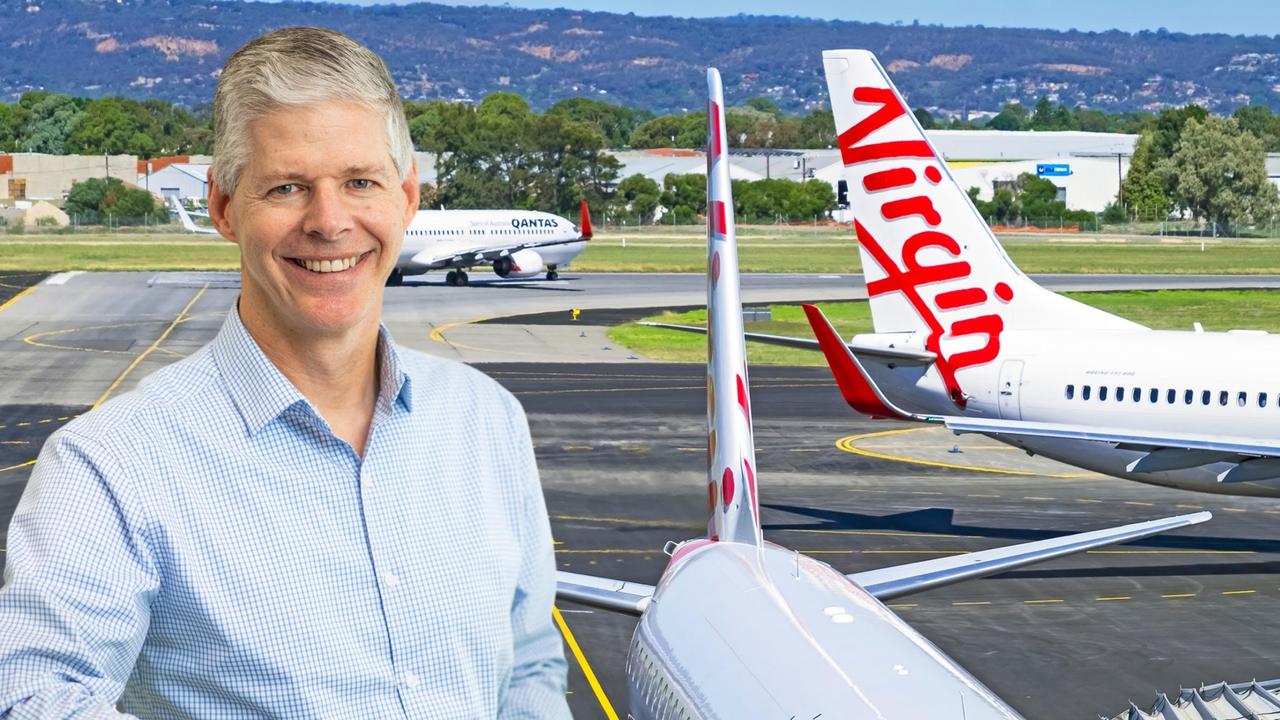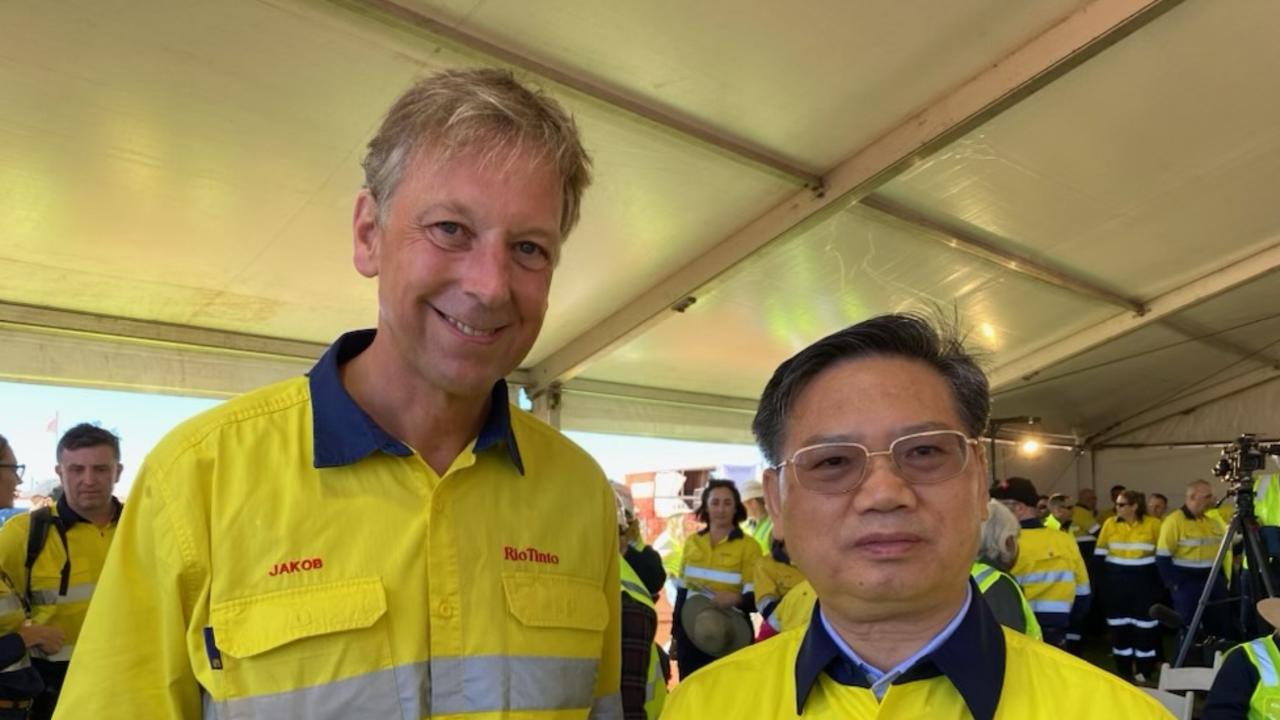PwC’s tax scandal far from over as inquiries raise the prospect of greater public fury
With multiple investigations under way, PwC heads into the new year knowing it faces more public anger over its misuse of confidential information.
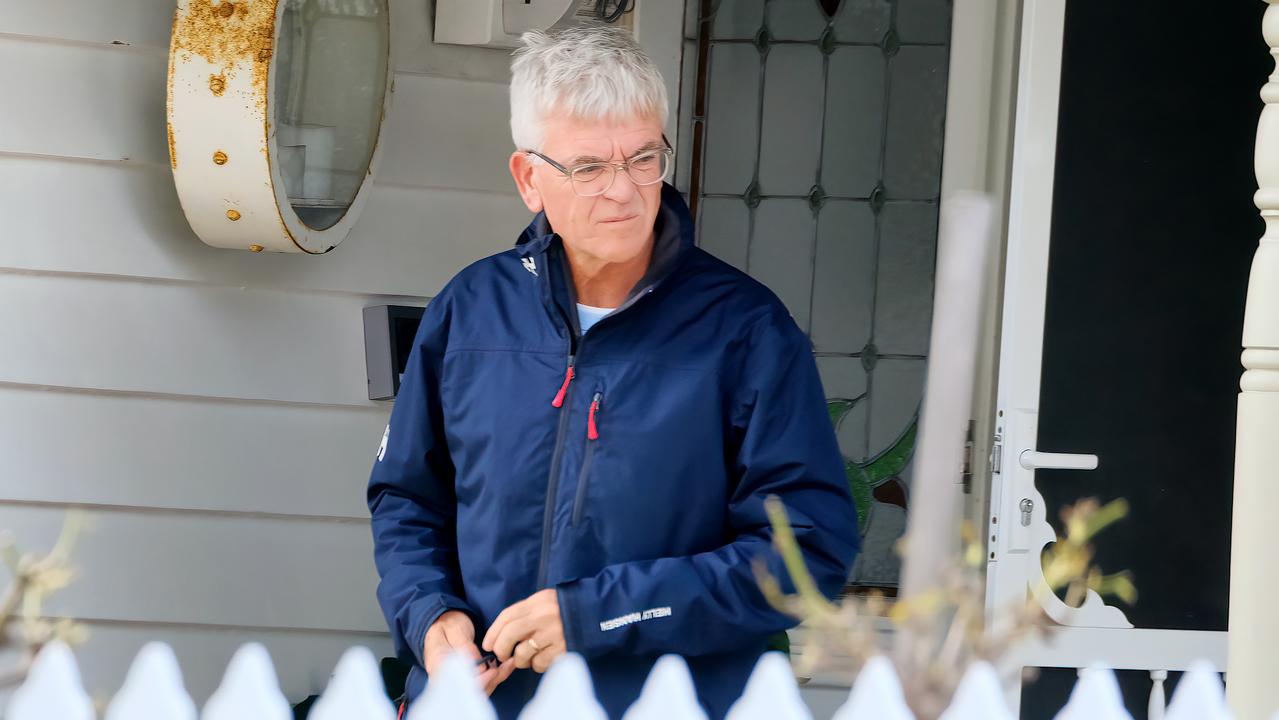
Business
Don't miss out on the headlines from Business. Followed categories will be added to My News.
For PwC Australia, the end of 2023 can’t come soon enough. After the firm’s senior leadership was dumped, twice, further investigations into the audit and consulting giant are approaching a pointy end with several other company figures in the sights of regulators.
PwC’s former chief executive, Tom Seymour, and his short-lived successor, Kristin Stubbins, were both bowled over after very public revelations around the firm’s tax scandal failures.
Now the former top-ranked audit and consulting shop faces 2024 with a big repair job to get its business back on track.
Seymour started 2023 on a positive note, reflecting on the “great opportunities in the market” as he welcomed 67 new partners to the firm in January: “We continue our commitment to build trust and help our clients solve important problems.”
But just months later the firm was in crisis and Seymour was out as a scandal swept the company.
PwC sources said the firm’s management thought it had weathered the storm after the Tax Practitioners Board, a less well known member of the regulatory fraternity, banned the firm’s former head of international tax, Peter Collins.
The TPB found that Collins, a PwC veteran, had knowingly shared confidential government tax briefings with other members of the firm in a bid to front-run new tax laws set to be introduced in 2016.
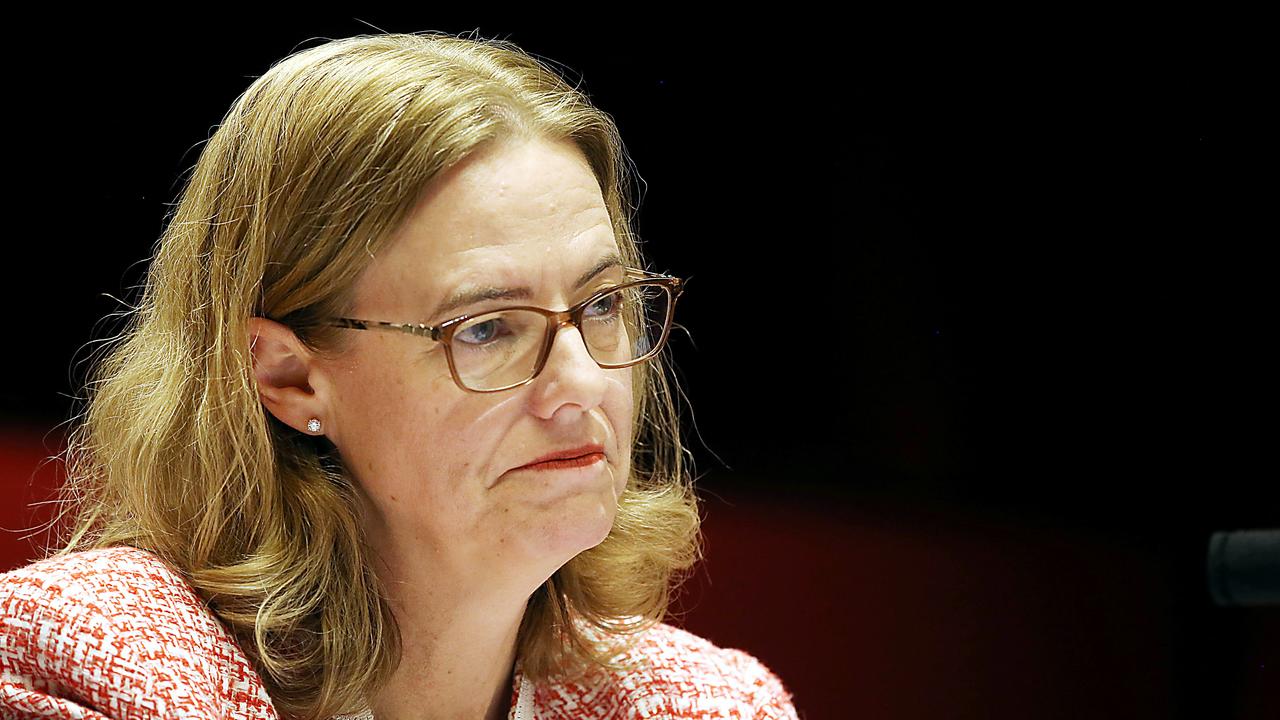
These laws formed part of a crackdown on multinational profit shifting, with the Australian Taxation Office continuing to use its powers under the laws to turn the screws on multinationals, most recently securing a win against drinks giant Pepsi.
PwC had been a known quantity in the ATO’s fight against tax dodgers, with frequent run-ins between the tax office and the firm.
But PwC’s tax arm had proved a profit spinner for the partnership, with Seymour taking on the top job in 2020 in part thanks to his rainmaker status.
Seymour’s election came as PwC faced a significant increase in tempo as it attempted to beat back an attack by the ATO, which was pursuing the firm after becoming aware of Collins’ breaches.
The ATO later folded in its attacks, but not before referring Collins to the TPB in 2020. That investigation would ultimately blow up PwC.
The crisis that relegated Seymour and his friends to the scrap heap started small after the TPB revealed its banning orders against Collins in December 2022.
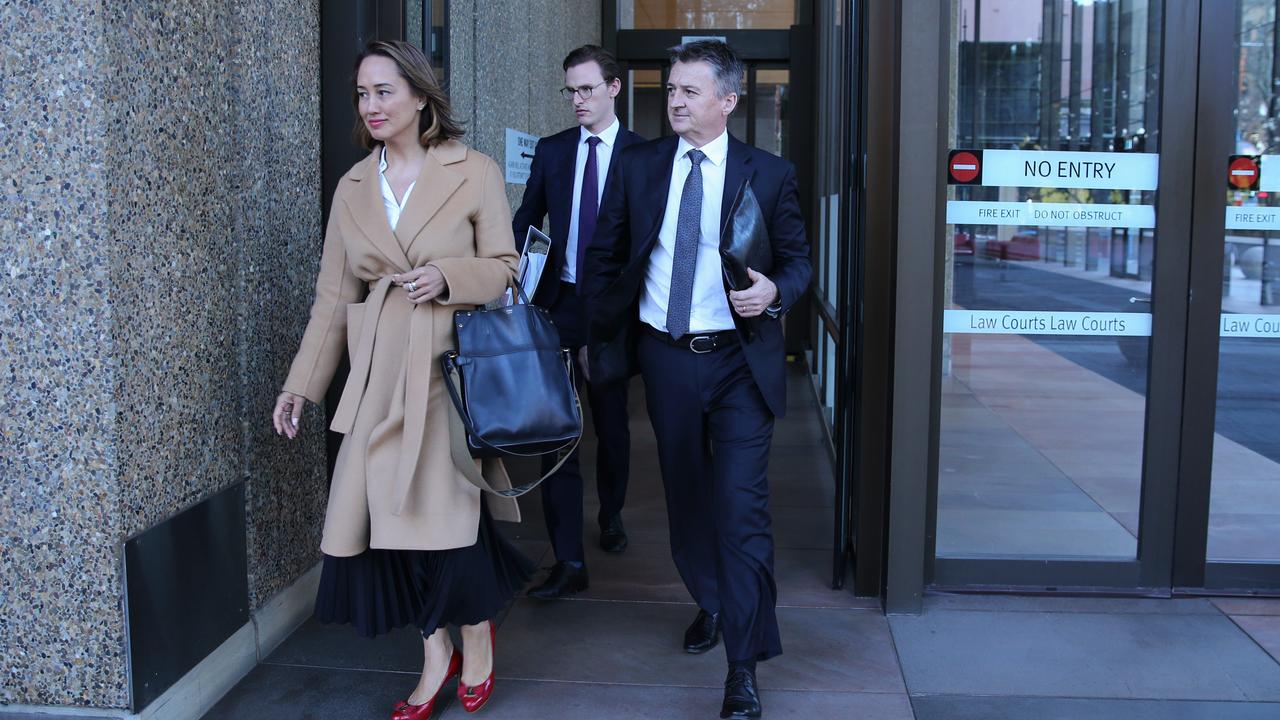
Collins resigned in October, exiting PwC ahead of the TPB’s pronouncement, with Seymour’s administration allowing the jetsetting tax partner to retain access to the firm’s generous retirement benefits scheme, something that would not normally be extended to a partner leaving in disgrace.
This would only be unwound by PwC’s management after the scandal exploded, triggering the intervention of the firm’s global management and two bouts of leadership change.
PwC global chair Bob Moritz, who will be replaced by Mohamed Kande in June, sent several key executives to Australia in the wake of publications of a trove of internal emails revealing Collins’ blatant spread of confidential information with other members of the firm, in more jurisdictions than just Australia.
Seymour initially tried to characterise the tax scandal as one of perception, claiming there had been “no findings at all” and offering assurances that those involved had left the firm. But his claims have been shown to be overly generous, with PwC assembling a list of 63 current and former staff caught up in the tax scandal.
PwC handed over the names to a parliamentary inquiry examining the tax leaks, but the senators have chosen not to name the partners and staff after the government referred the scandal to the Australian Federal Police.
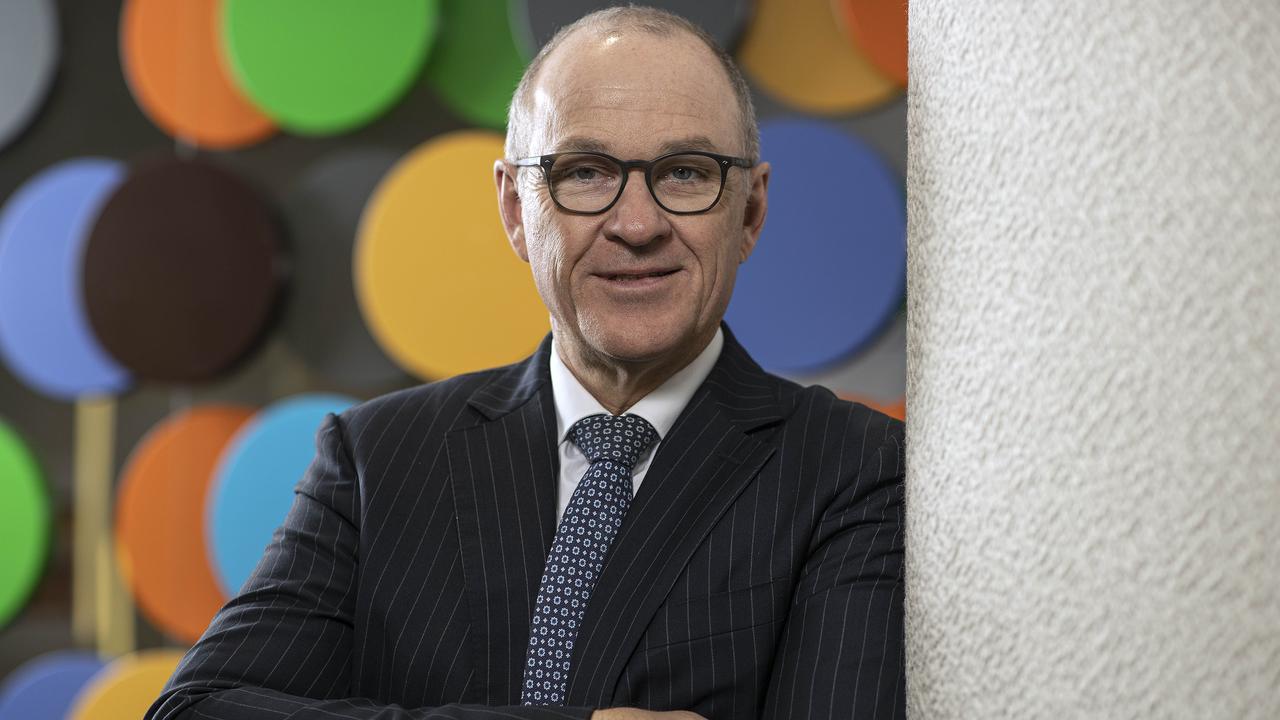
A review into the scandal by Linklaters, on behalf of PwC Global, also identified six members of the firm who dealt with confidential information.
But PwC has refused to reveal the Linklaters findings to parliament, seemingly keeping the firm’s new Australian boss, Kevin Burrowes, in the dark.
Burrowes, who previously held a senior role in PwC’s Singapore division, was selected to run the ailing Australian arm as it faced a wipe-out on new work.
The evaporation of business with the public service saw PwC amputate its government consulting services arm in a $1 deal with distressed asset investors Allegro Funds, to form Scyne Advisory.
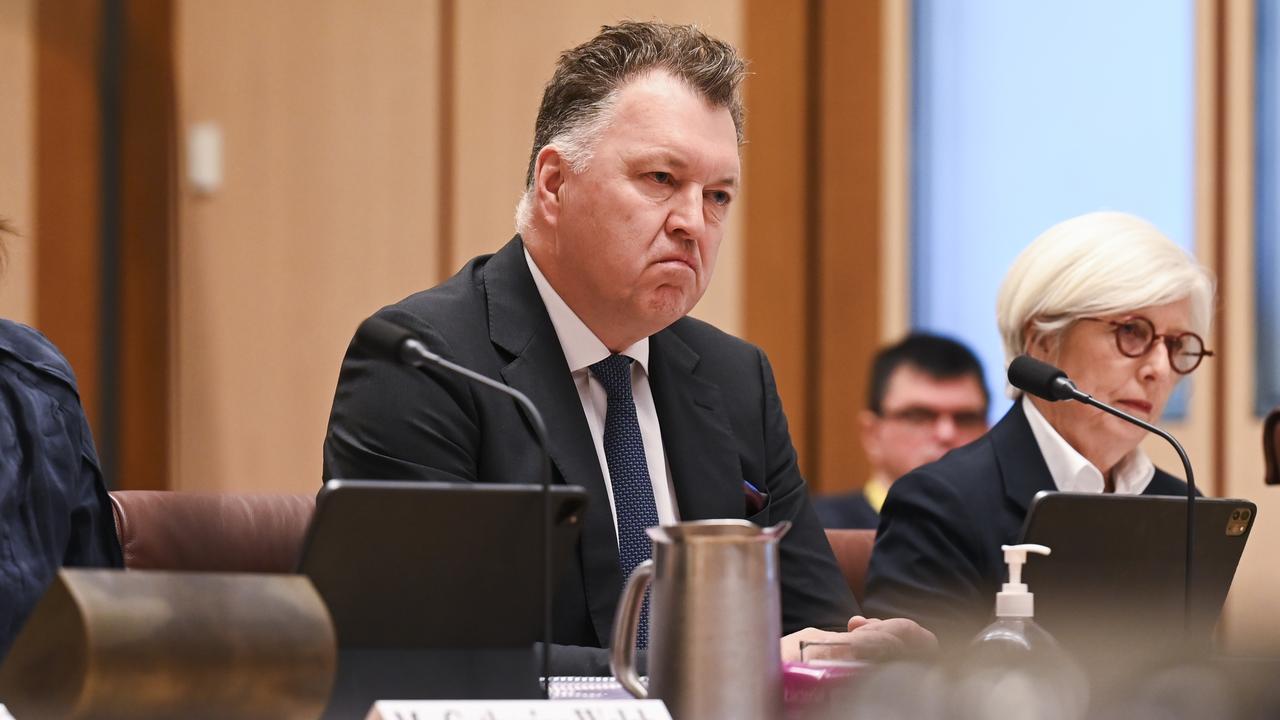
Burrowes has sought to put the year behind PwC, settling deals, cutting headcount, and touring offices in a bid to shore up morale.
But PwC Global is still watching closely, with the firm’s global reputation and risk management managing director, Ryan Stanton keeping tabs on media reporting and Burrowes’ appearances.
In his end-of-year note, Burrowes told PwC staff it had “been a challenging time”.
Burrowes told The Weekend Australian it had been a “year like no other” for PwC. “Our people have risen to the challenge, shown outstanding resilience and continued to provide exceptional services to our clients,” he said.
“I am energised by their efforts as we seek to become the leading professional services firm, built on the highest ethical standards with integrity at our core.”
Burrowes recently signed off on the firm’s peace deal with its former “rover” Neil Fuller, who was key to Collins’ tax scandal scheme. Fuller had filed court action against PwC after it tried to remove him from the firm’s retirement scheme, alongside Collins, in a move that would result in him being as much as $400,000 a year poorer.
Burrowes may have sought to put as much distance between the firm and the events of 2023, but 2024 will come knocking.
The AFP is investigating, while the TPB is also conducting its own probe into more tax partners at the firm as well as taking a close look at other consulting firms, which now find themselves caught up in the PwC fallout.
EY Oceania is now facing an uncertain future after a partner at the firm was accused by the tax office of having engineered a tax avoidance scheme. TPB chair Peter de Cure, who took on the job after the government moved to boost its powers and resources, is now overseeing a beefed-up regulator with more time to run investigations.
“We’ve got a busy 2024 coming up, concluding the investigations on foot and bedding in the law reform through consultation processes and getting everyone up to speed on that regime,” he told The Weekend Australian.
The TPB has adopted a more robust investigative posture in the wake of the Collins scandal, convening regulator enforcement meetings as it seeks to manage a heftier backlist of matters.
The ATO has also seen a boost to its resources, but assistant commissioner Jeremy Hirschhorn, who was credited as leading the agency’s charge against PwC, missed out on the top job at the tax office after the government revealed that Rob Heferen, current head of the Australian Institute of Health and Welfare, would succeed Chris Jordan. PwC is also facing the publication of a Senate inquiry report into the tax scandal, as well as a new Joint Parliamentary Committee probing auditing, with hearings expected to focus on the firm as well.
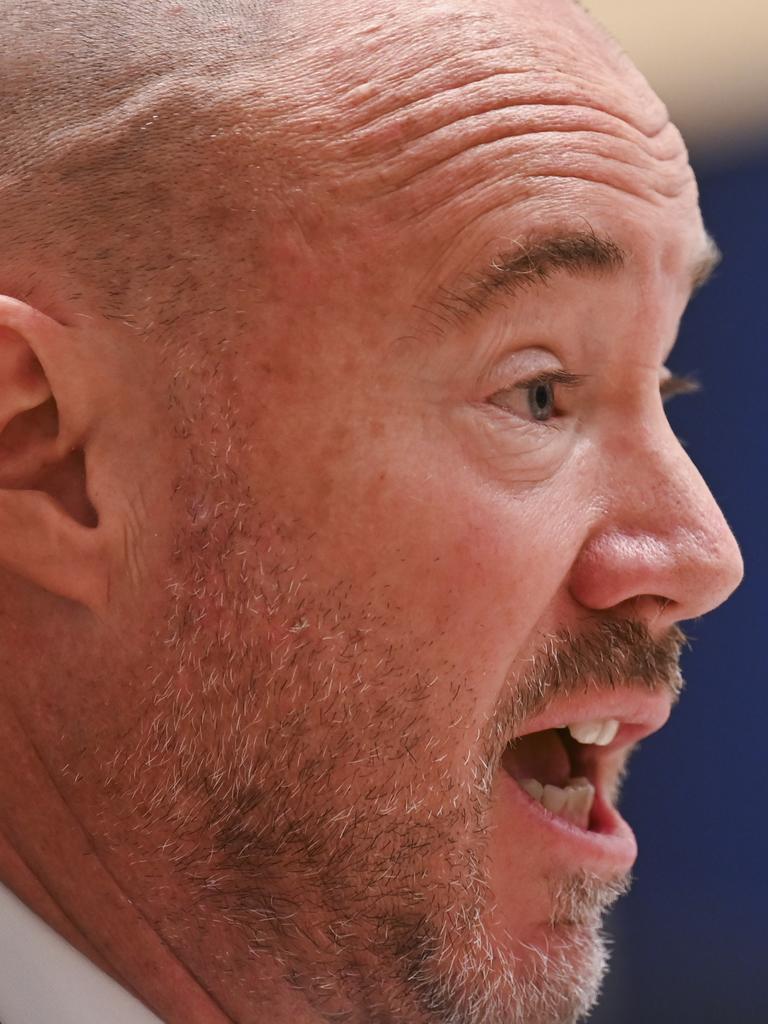
Labor senator Deborah O’Neill, one of a trio of parliamentarians leading the charge against the consulting sector, said 2024 was time to “bring to heel the major players in the economy who somehow think they can live outside the law of the land”.
“The PwC tax leaks scandal catalysed immense scrutiny of their industry, exposing misconduct which stretches far beyond any single firm and revealing a deeply troubled industry,” she said.
Greens senator Barbara Pocock said the PwC scandal had shown a “very particular ethical failure” that triggered a change in the prospects for consulting.
The government has seized on the scandal as an opportunity to cut back on consultant spending, which had grown during the Morrison era as staffing caps forced work into private hands.
But the man who created the disaster that threatens the consulting gravy train, Collins, has proven elusive. Repeated attempts to reach the Melbourne man at his suburban house have fallen flat, with Collins absent for months.
But Collins has been watching, with documents released under Freedom of Information revealing his lawyer at Ashurst, partner Andrew Carter, warned Australian Securities & Investments Commission deputy chair Sarah Court “there was no finding” from the TPB that Collins “was not a fit and proper person”.
In July, ASIC was considering whether to ban Collins, and in October it banned the ex-international tax partner for eight years.
Originally published as PwC’s tax scandal far from over as inquiries raise the prospect of greater public fury







